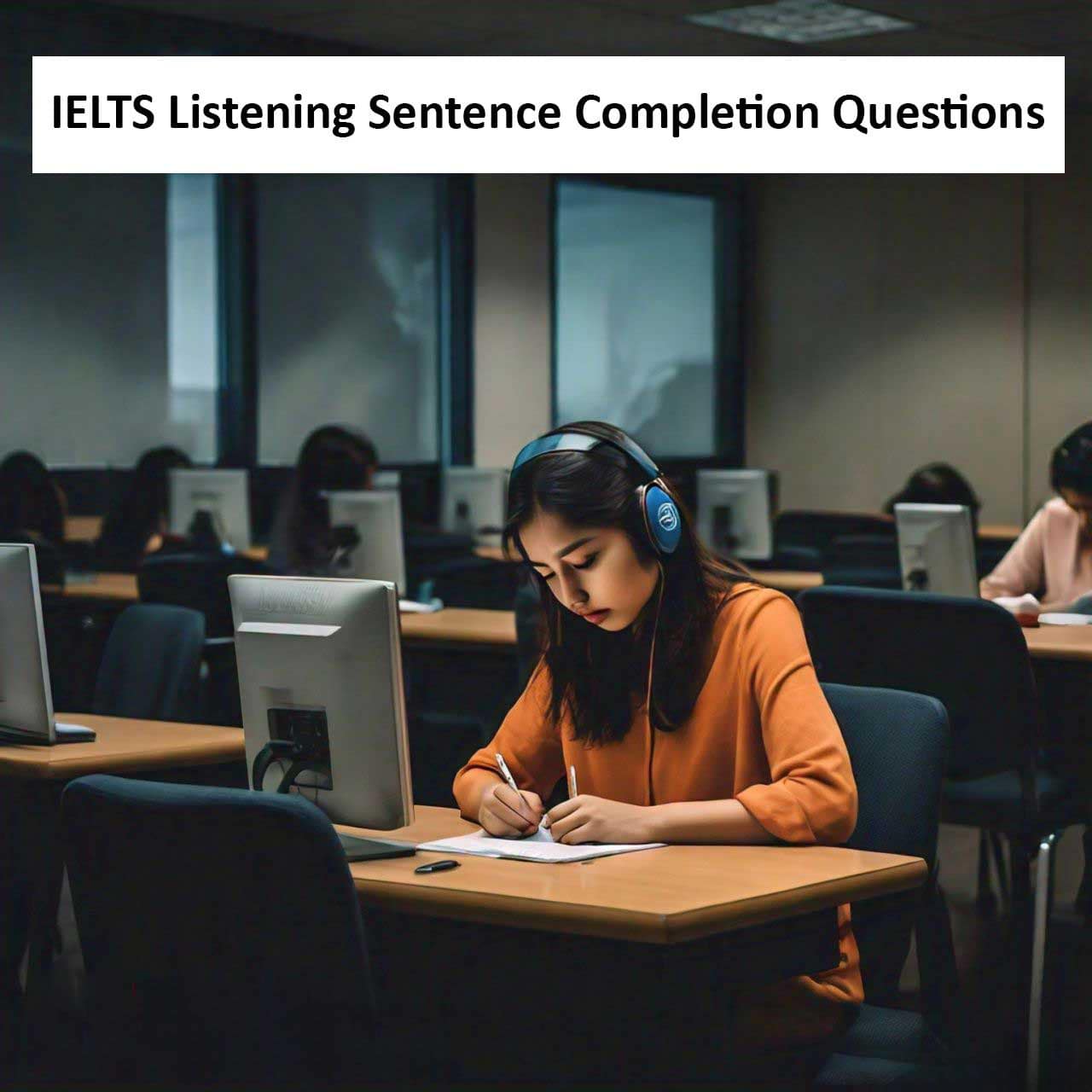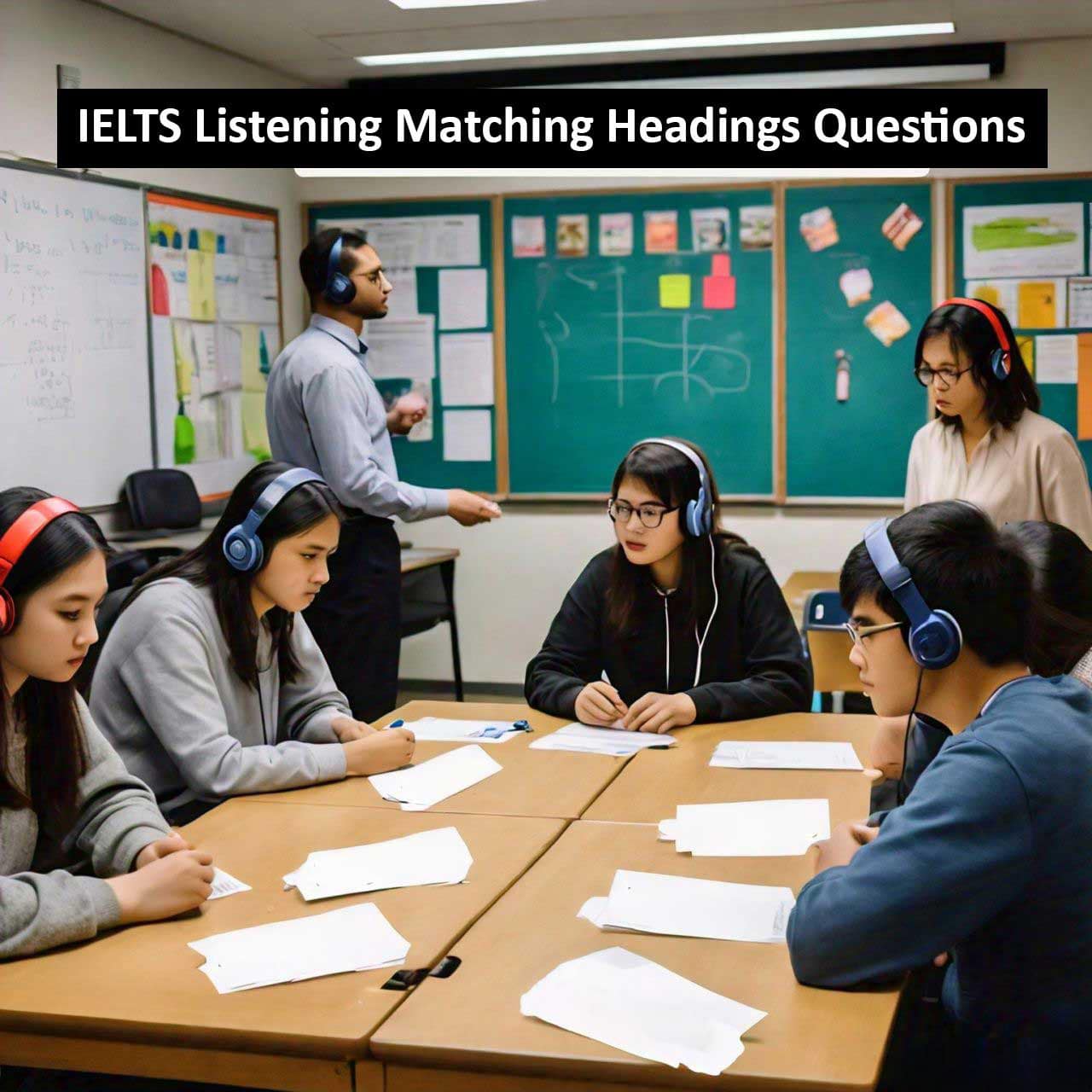In the dynamic landscape of the IELTS (International English Language Testing System) exam, mastering the listening component is essential for achieving your desired score. While it may seem straightforward, effective listening is more than just hearing words—it’s about actively engaging with the content, understanding nuances, and extracting key information. In this blog post, we’ll explore the concept of active listening and how it can significantly enhance your IELTS listening skills.
Table of Contents
Understanding Active Listening
Active listening is a mindful and focused approach to listening that involves fully engaging with the speaker or audio content, understanding the message, and responding thoughtfully. It goes beyond passive listening and requires active participation, concentration, and interpretation of the information being conveyed.
Benefits of Active Listening in IELTS Preparation
1. Improved Comprehension:
– Active listening promotes deeper comprehension of audio recordings by encouraging you to pay close attention to details, context, and meaning. This heightened level of engagement enhances your ability to grasp key information accurately.
2. Enhanced Retention:
– Actively engaging with the content increases your retention of information, making it easier to recall details and concepts later on. This is particularly advantageous in the IELTS exam, where you may encounter questions that require you to recall specific details from the audio.
3. Developed Critical Thinking Skills:
– Active listening fosters critical thinking skills by prompting you to analyze, evaluate, and interpret the information presented. This analytical mindset is invaluable for understanding complex ideas and identifying underlying themes or patterns in the audio.
4. Improved Language Acquisition:
– Engaging in active listening exposes you to authentic language use, including vocabulary, grammar, and pronunciation. By immersing yourself in real-world listening scenarios, you can enhance your language acquisition and fluency.
Strategies for Practicing Active Listening in IELTS Preparation
1. Listen with Intent:
– Approach each listening practice session with a clear intention to actively engage with the content. Focus your attention on the speaker or audio recording, setting aside distractions and external noise.
2. Take Notes:
– Take notes while listening to the audio recording, jotting down key points, keywords, and relevant details. This helps reinforce your understanding and provides a reference for later review.
3. Predict and Anticipate:
– Anticipate what the speaker will say next based on the context and information presented. Use contextual clues to make educated guesses and predictions, preparing yourself to anticipate the flow of the conversation.
4. Visualize and Summarize:
– Visualize the information presented in the audio recording to create mental images or summaries of key points. This helps reinforce your understanding and aids in retention.
5. Engage in Reflective Listening:
– After listening to the audio recording, take a moment to reflect on what you heard. Consider the main ideas, supporting details, and any questions or insights that arise from the listening exercise.
6. Practice Active Engagement:
– Engage actively with the audio content by responding to questions, participating in discussions, or summarizing key points. Actively engaging with the material deepens your understanding and reinforces learning.
Conclusion
In the journey towards mastering the IELTS Listening section, active listening serves as a potent tool for enhancing comprehension, retention, critical thinking, and language acquisition. By adopting a mindful and engaged approach to listening, you can unlock a deeper level of understanding and proficiency in English language skills. Remember to listen with intent, take notes, predict and anticipate, visualize and summarize, engage in reflective listening, and practice active engagement. With consistent practice and dedication to active listening, you’ll elevate your IELTS listening skills and approach the exam with confidence and competence.



